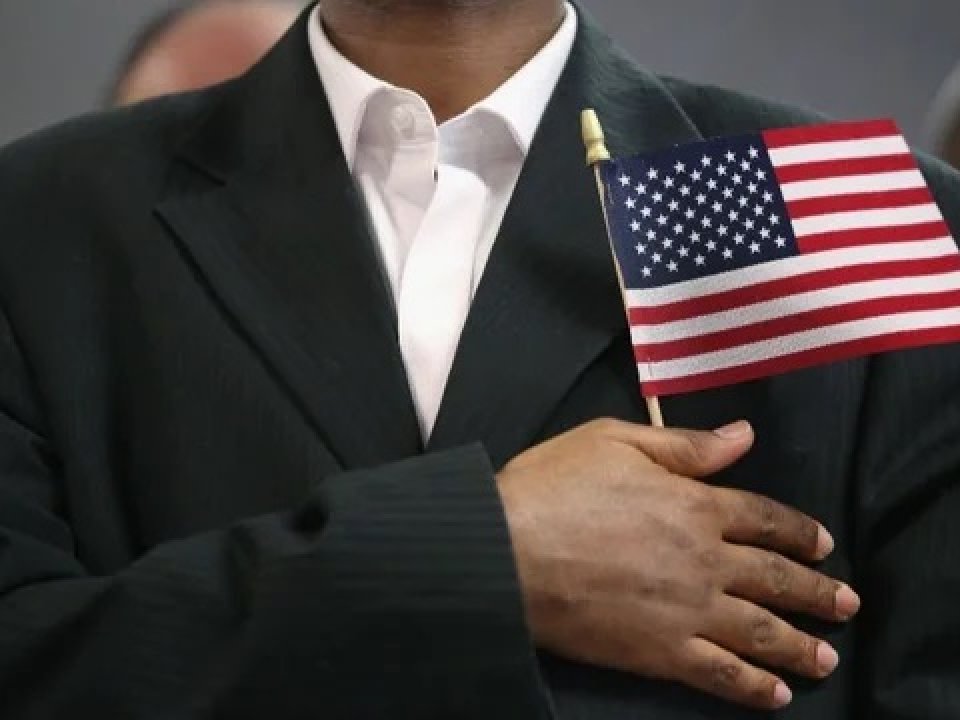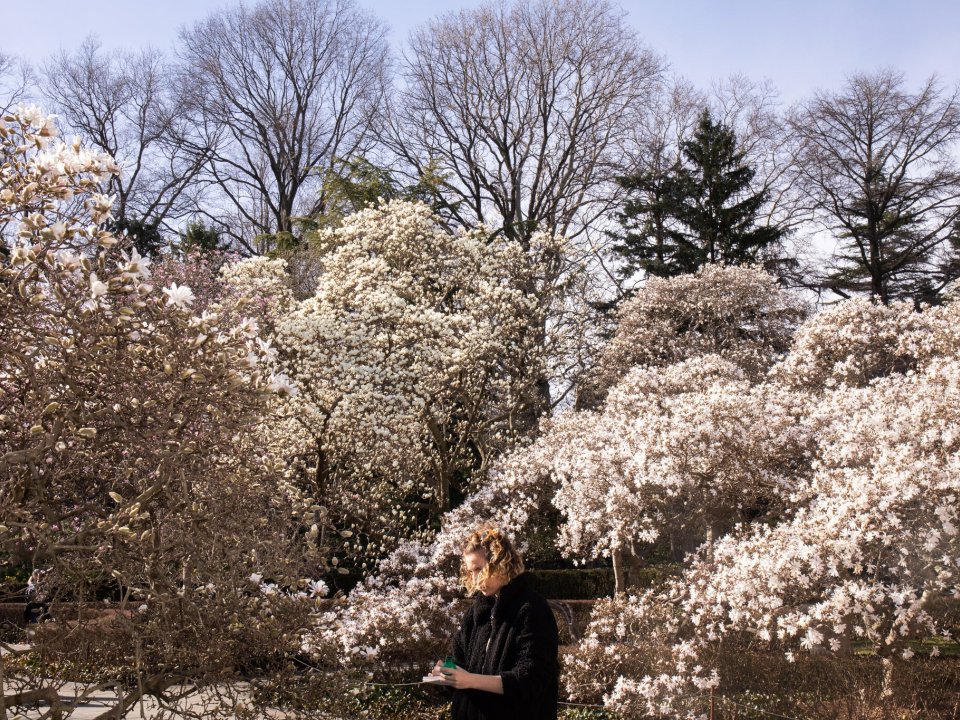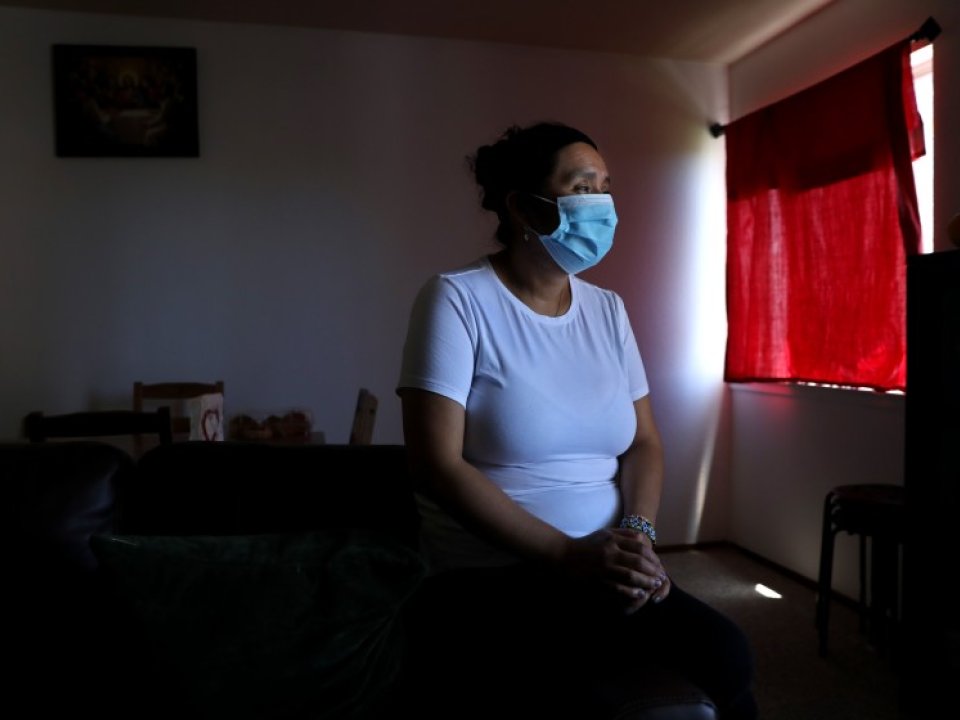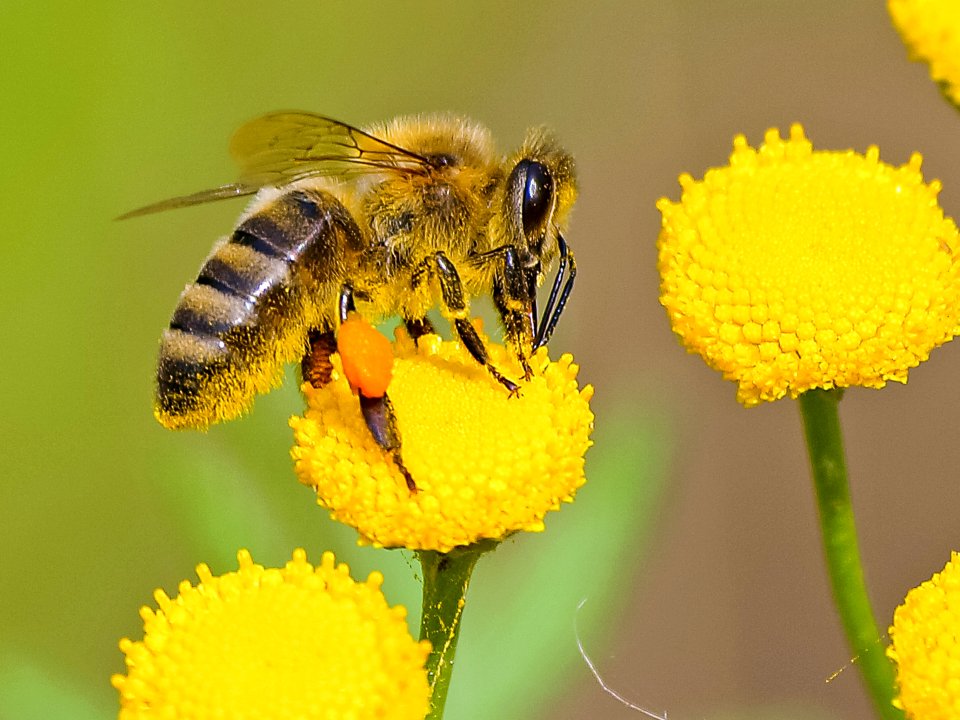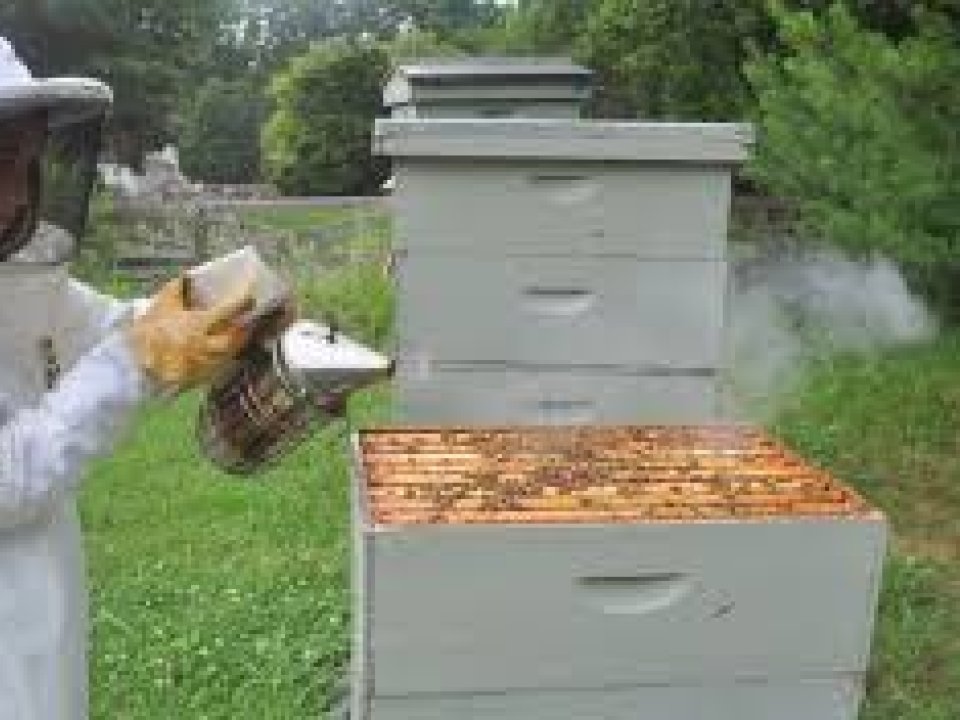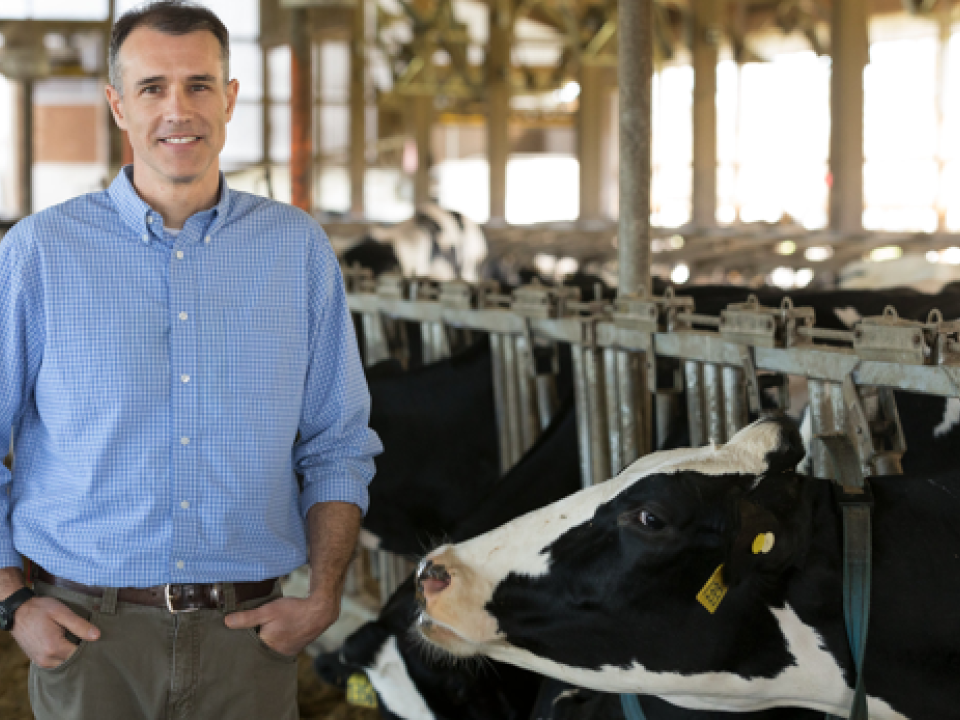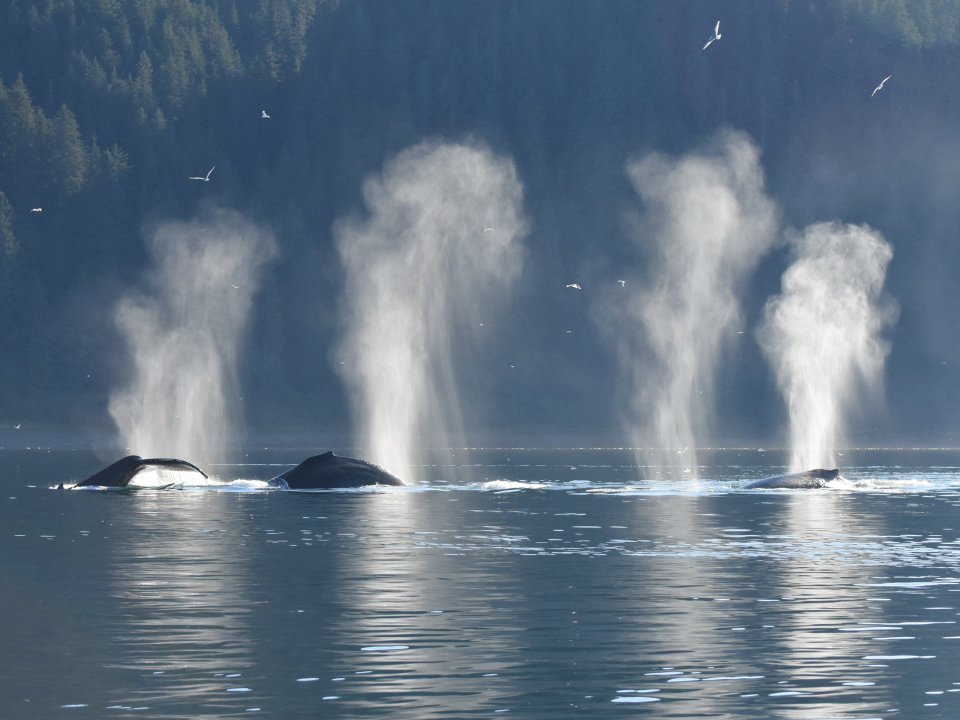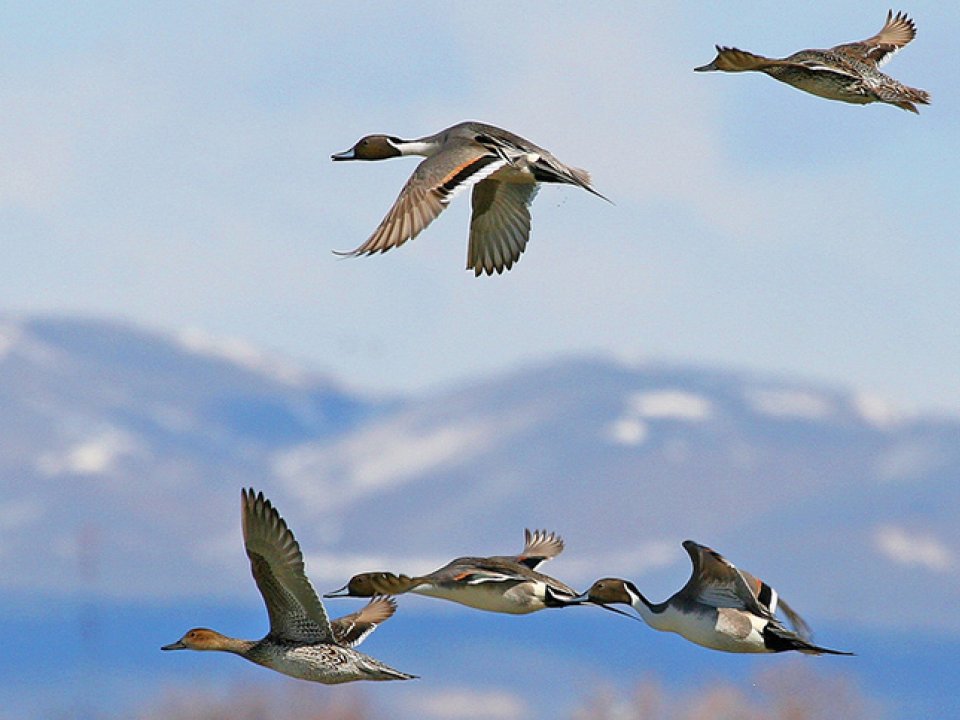News
In this op-ed, law professor Stephen Yale-Loehr and post-doctoral fellow Mackenzie Eason argue that increasing the number of highly skilled foreign workers will help the U.S. recover from its current economic crisis, and they call for a new pilot program that would admit 50,000 additional skilled immigrants each year through a points system.
In coming years, “there will be native plants, but they’ll be different native plants,” explains horticulture professor and program leader of the Urban Horticulture Institute, Nina Bassuk. “They won’t be the same plants that were here pre-Columbus.”
Associate professor of government, Jessica Chen Weiss co-writes this op-ed on how the U.S. ordering the Chinese consulate in Houston to close puts greater pressure on the already-tense relationship between the two countries.
“Nobody wants to go to work when they think they have COVID-19 and expose people. But if the choice is between that and seeing your children go hungry, you will expose people to this virus,” says Jamila Michener, associate professor of government.
Assistant professor of entomology, Scott McArt's new research found one in 11 flowers carries disease-causing parasites known to contribute to bee declines. “Both bee diversity and fewer of the social bees make it less likely for bees [overall] to be infected. That’s another win for conservation: if we promote bee diversity, there will be less disease,” he explains.
Entomology professor, Bryan Danforth found that honeybees will go to almost any host plant for pollen and nectar, while other bees can be highly specialized, visiting just a single plant species. “If their preferred host plant disappears, these pollen-specialist bees will likely go extinct, as well,” he says.
Daryl Nydam, professor of dairy health and production at the College of Veterinary Medicine, discusses the challenges of climate change, habitat preservation and healthful food production through a veterinary sustainability lens.
An analysis from the Cornell Bioacoustics Research Program found the loudest sounds underwater in Glacier Bay in May 2020 were less than half as loud as those in May 2018.
Researchers from Cornell and the University of Wisconsin, Madison, led by assistant professor of information science, Cheng Zhang, have designed a wrist-mounted device that continuously tracks the entire human hand in 3D.
"The U.S. Fish and Wildlife Service's proposed rule both undermines its organizational mission to protect birds and falls short of its stated aim to provide regulatory certainty for industry," says Amanda Rodewald professor of natural resources and director of conservation science at the Lab of Ornithology.

